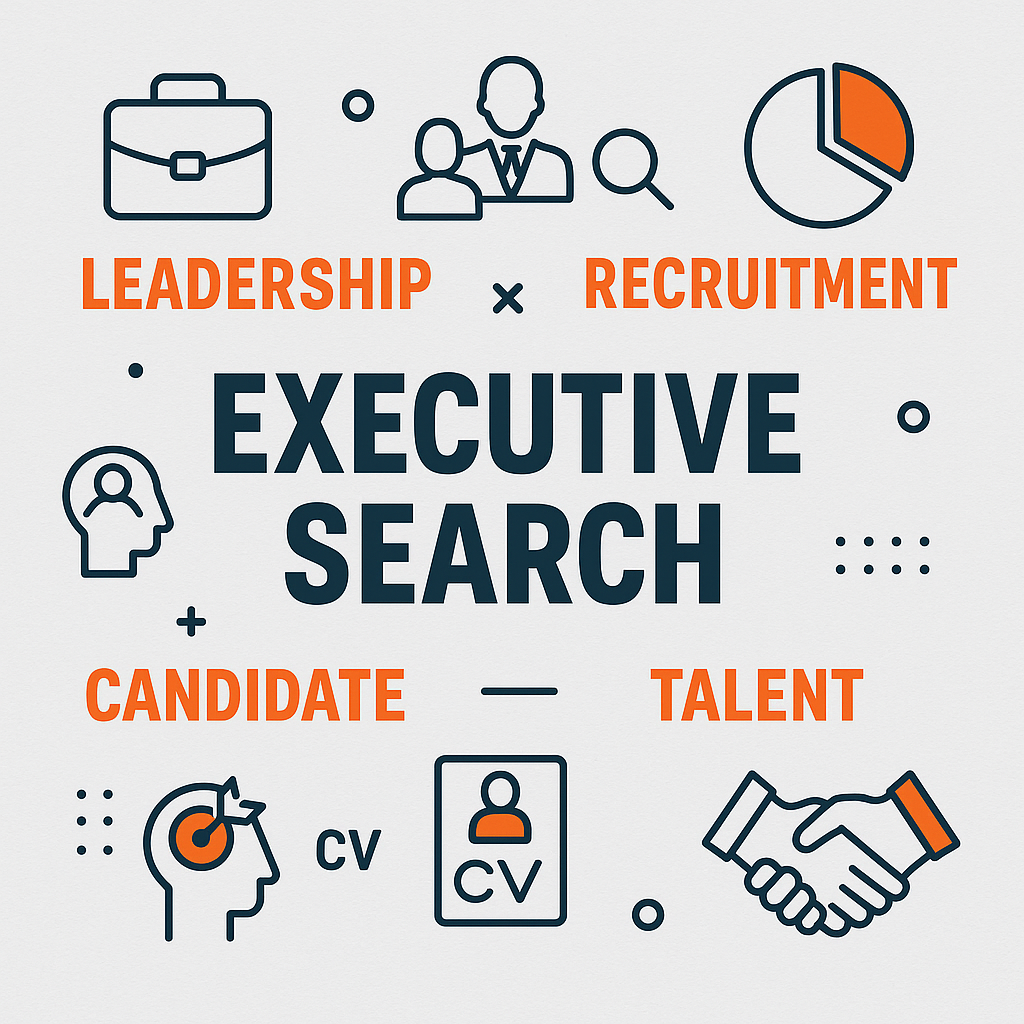In a world where corporate oversight has never been more complex—or more scrutinized—many companies still view board education as a once-a-year formality. They shouldn’t. Today’s most effective boards aren’t just compliant; they’re competent, curious, and continually learning. That shift begins with a reimagining of board education—not as training, but as leadership development.
The Leadership Imperative
John Maxwell once wrote, “Everything rises and falls on leadership”. Nowhere is that more true than in the boardroom. Boards set the tone for corporate ethics, strategy, and sustainability. Yet too often, directors are handed binders, not insight. They receive data, not development.
True board education equips directors with the tools to navigate volatility, ask the right questions, and think beyond fiduciary minimums. It transforms a passive body into an active force for stewardship and innovation.
From Governance to Growth Mindset
Traditionally, board training focused on governance—what boards must do to avoid legal risk. But modern board education must go further. It must cultivate a growth mindset.
Think of the difference between a board that passively receives quarterly reports and one that actively challenges assumptions, benchmarks performance, and seeks continuous improvement. The latter is not born—it is built. And that building starts with structured, strategic learning.
Simon Sinek reminds us to “Start with Why”. The “why” behind board education isn’t just compliance. It’s capability. It’s courage. It’s the capacity to lead organizations through transformation, not just transaction.
Hallmarks of a World-Class Board Education Program
Ongoing, Not Occasional: Board development should be woven into the calendar—not relegated to the annual retreat.
Tailored and Relevant: From ESG to AI governance, content must address the real strategic and ethical challenges facing the company.
Externally Informed: Boards benefit from exposure to outside voices—industry experts, regulators, and futurists—not just internal briefings.
Courage-Centric: As Brené Brown notes, leadership without vulnerability is a performance, not progress. Boards must be safe spaces for candid conversations and critical introspection.
A Competitive Differentiator
Companies with well-educated boards enjoy more than good governance—they gain strategic foresight. Research consistently shows a correlation between engaged boards and superior long-term performance. This is not an HR issue; it’s a P&L imperative.
Closing the Leadership Gap
In today’s boardrooms, the greatest risk isn’t ignorance—it’s arrogance. Assuming that yesterday’s experience is sufficient for today’s complexity is a mistake that companies can no longer afford.
The path forward is clear: elevate board education from a checkbox to a core strategy. Equip your directors not just to oversee the company, but to lead it—boldly, wisely, and well.
#BoardEducation, #LeadershipDevelopment, #CorporateGovernance, #StrategicLeadership, #ContinuousLearning, #ExecutiveLeadership, #GovernanceMatters, #FutureOfLeadership









